Health & Safety Policy
Health & Safety Policy Contents
1. Foreword by Managing Director
2. Health and Safety Policy Statement
3. Organisation
4. Arrangements
4.1 Introduction
4.2 Health and Safety Consultation
4.3 Accident Reporting
4.4 Accident Investigation
4.5 First Aid
4.6 Fire Safety
4.7 Risk Assessment
4.8 Electrical Safety
4.9 Safety Training
4.10 COSHH
4.11 Safe Place of Work, Safe Access and Egress and Safe Environment
4.12 Company Transport
4.13 Manual Handling
4.14 Violence to Staff
4.15 Stress
4.16 Personal Protective Equipment
4.17 Machinery and Equipment
4.18 Housekeeping
4.19 Ladder Safety
4.20 Drug and Alcohol Abuse
4.21 Asbestos
4.22 Health Surveillance
4.23 Working at Height
5. Monitoring the Policy
6. Policy Review
1.0 Foreword by Managing Director
The policy of Neo Clean Ltd is to provide and maintain safe and healthy working conditions, equipment and systems of work for all of its employees and contractors. To this end, information, training and guidance are provided as necessary. Responsibility is also recognised for the health and safety of other people who may be affected by the Company’s activities. This Health and Safety Policy provides an overview of the organisation, systems, and procedures by which Neo Clean Ltd intends to achieve its health and safety objectives. The company will make reasonable resources, both of time and money, available for implementation of its policy. The allocation of safety related duties, the particular arrangements made to implement the policy, and the way in which the policy is monitored is set out in this document. A copy of this policy will be made available to all members of staff and contractors. This Health and Safety Policy gives you all the essential guidance required. Many of the actions recommended are required by law and must be observed, but in any case, they are mostly common sense. Study this policy now – it will be too late once an accident or ill health has occurred.
Turpin
Managing Director
2.0 Health and Safety Policy Statement
The management of Health and Safety is regarded as being of the utmost importance for all employees of MJF Services Ltd. Therefore, the company recognises and accepts its responsibility to set standards at least as high as that required by the Health and Safety at Work Act 1974 and supporting regulations, and so far as is reasonably practicable, to achieve zero work related fatalities, as well as an incident and injury free environment. MJF Services Ltd will accomplish this target, in so far as is reasonably practicable, through adopting an approach to continuous improvement through: · Providing and maintaining equipment and systems of work that are safe and without risks to health; · Making arrangements for ensuring safety and absence of risks to health in connection with the use, handling, storage and transport of articles and substances; · Providing such information, instruction, training and supervision as is necessary to ensure the health and safety at work of employees; · Maintaining any place of work under the company’s control in a condition that is safe and without risks to health and to provide and maintain means of access to and egress from it that are safe and without such risks; · The provision and maintenance of a working environment for employees that is safe and without risks to health and is adequate as regards facilities and arrangements for their welfare at work; · Providing such protective equipment as is necessary for the health and safety at work of employees; · Striving to monitor the effectiveness of health and safety provisions within the company; · Keeping the Health and Safety Policy under at least annual review in order to support our policy of continuous improvement and to duly publish any amendments.
Signature
Date 01/08/23
Position: Managing Director
3.0 Organisation
Although health and safety within the company is a collective responsibility this policy recognises the responsibility that effective and efficient management has towards achieving the company’s safety objectives. The Managing Director Mr. M Turpin is responsible for the overall management of Health and Safety matters within the company. This section outline’s the responsibility that each element within the company has towards the health, safety and welfare of those connected with the company. 3.1 The Managing Director The Managing Director (MD) has an overall responsibility for the application of this policy. The main functions are: (a) Overall management of all health and safety matters in the company in accordance with the health and safety policy; (b) Ensuring risk assessments are carried out; (c) Communication of information received on health and safety matters to appropriate people; (d) Review of accident investigations; (e) Identifying staff health and safety training needs; (f) Maintain contact with outside agencies that are able to offer expert advice; (g) Ensure that accidents and hazards are recorded and reported as appropriate; (h) Review annually i) Provisions of First Aid arrangements ii) Emergency procedures iii) Safety procedures 3.2 Employees and contractors are expected to: (a) Understand and exercise personal responsibility for safety of themselves and others; (b) Observe standards of dress consistent with safety and hygiene; (c) Understand and observe the safety rules of the company; (d) Use, and not deliberately misuse, neglect or interfere with items provided for safety.
4. Arrangements
4.1 Introduction This section will offer guidance on how the safety arrangements will be carried out in order to achieve the policy objectives. 4.2 Health and Safety Consultation Health and safety may be discussed at any time by employees. The MD has an open door policy for any member of staff who wishes to highlight health and safety concerns. Should the need arise for Health and Safety discussion for matters affecting staff as a whole, the MD or Operations Director will address the issues within a staff meeting. Information regarding health and safety will be delivered either in person or by email, depending on what is best suitable for the employee, and feedback welcomed. REMEMBER – Good health and safety cultures rely on two way feedback so let your line manager know if there is a safety concern or you have an initiative that may help make the workplace safer. 4.3 Accident Reporting Accidents or injuries to any person, including contractors, should be reported to the Gym Manager by those persons involved in the accident. The accident will be recorded in the accident report book, which is held by the Main Office. If deemed necessary, by the MD or Operations Director, an accident investigation will be conducted. H&S Consultants UK Ltd may be contacted if deemed necessary in order to establish accident causation and to assist with recommendations. All major injuries to employees and hospital attendance by members of the public as a result of an accident also require immediate telephone notification to the Operations Director so that they can be reported under RIDDOR guidelines. Major injuries requiring telephone notification include: Any fracture; amputation; dislocation of the shoulder, hip, knee or spine; serious eye injury; serious burn; loss of consciousness; acute illness from chemicals; or any other injury requiring immediate hospital attendance. 4.4 Accident Investigation The MD or Operations Director, when necessary, should initiate an investigation following an accident or near miss situation in order that causes may be identified and measures taken to prevent a recurrence. Investigations such as these are essential in order that accidents, damage to equipment and property, and losses are kept to a minimum. Further advice relating to investigations may be obtained from H&S Consultants UK Ltd who will liaise with the MD or Operations Director when an investigation is required. Findings from all investigations should be recorded on the accident report form and presented to the MD. 4.5 First Aid Only qualified persons should carry out first aid treatment. To this end training will be provided to ensure that staff are able to carry out basic first aid in the event of an emergency situation. Serious cases of injury should receive qualified medical attention by calling the emergency services on 999 or 112. 4.6 Fire Safety Due to the nature of MJF Services Ltd’s scope of works, staff do not operate from a central location. Therefore staff are to ensure that they are familiar with the emergency arrangements for each premises that they deploy to. If a fire drill occurs whilst they are on another company premises, then staff members are to comply with the drill. If during the course of staff duties they become aware of a fire, then the staff member must follow the procedure as laid down by the host company. All MJF Services Ltd staff will become aware of host company emergency procedures during the induction process. 4.7 Risk Assessments Risk assessments provide the backbone of any safe system of work and therefore all activities must be assessed for hazard and evaluated for risk. An assessment that identifies a significant hazard should be recorded in writing and the steps needed to control the risk to health and safety should be listed as control measures For on-going activities the risk assessment should be reviewed if the circumstances that surround that activity change. Otherwise it is company policy to review risk assessments on an annual basis. Refer to the Risk Assessment Procedure for further details. 4.8 Electrical Safety The following arrangements for electrical safety apply to all company electrical equipment in use, including personal items. (a) All portable appliances will be regularly inspected and, where necessary, subject to electrical test. Employees should check that their electrical appliances are not damaged and that there are no obvious signs of misuses such as damaged or discoloured plug tops and worn cables. (b) Any item that becomes faulty should be taken out of service and immediately reported to the Operations Director. (c) Cables and trailing leads will always be arranged so as not to cause a trip hazard to other persons. Warning signs will be posted to notify personnel of a trip hazard if appropriate (d) Socket adapters should not be used. Only those with their own fused plug and cable (4-way trailing sockets) are permitted. (e) Electrical equipment that does not require continuous operation should be switched off when not in use and the plug removed from the socket. 4.9 Safety Training Training and instruction in routine matters will be given, as required. Those employees who require an induction will receive an induction by the Operations Director. Induction records will be held centrally by the Main Office. The Operations Director will also give a copy of this Policy to new members of staff on their first day and ask them to read it and sign to confirm it has been read and understood. The need for specialist training will be identified by the Operations Director and MD then arranged as necessary to ensure that employees are trained in relevant safety matters. 4.10 Control of Substances Hazardous to Health (COSHH) The Control of Substances Hazardous to Health Regulations 2002, often known as the “COSHH” Regulations, require the company to ensure that substances (including purchased proprietary chemicals and non-proprietary substances such as effluents and by-products of processes) which can harm employees and others are stored, moved and used or handled in a manner which is safe and without risk to anyone’s health. The company will do this by: (a). Identifying hazardous substances, assessing the nature of their hazards and the associated likelihood and severity of harm. (b). Providing suitable precautions to protect persons against the hazards. (c). Giving adequate written and verbal information about the hazardous substances to all persons who may be harmed by them. Guidance should be sought from the Safety Data Sheet provided with the substance. (d) Storing hazardous substances in correctly labelled containers that have been deemed as adequate for the held substance. Such substances should be stored in appropriate secure facilities. Refer to the COSHH Procedure for further details. 4.11 Safe Place of Work, Safe Access and Egress and Safe Environment The legal standards required by The Health and Safety at Work etc Act 1974 (HASAWA) and detailed in The Workplace (Health, Safety & Welfare) Regulations and any other relevant Regulations made under HASAWA will be the minimum requirement for all places of work. MJF Services Ltd will undertake to meet the requirements of These acts and regulations to ensure a safe place of work, safe access/egress and safe environment. The Operations Director and nominated personnel shall carry out an initial inspection of the employee’s delegated workplace to ensure compliance with the above stated acts and regulations. Further inspections will be conducted as deemed necessary. Concerns on the safety of a place of work must be reported to the Operations Director by the employee. 4.12 Company Transport Driving company vehicles is a potentially high-risk activity. Although the risks can never be totally eliminated, the company will minimise them as far as possible by the use of well-maintained and roadworthy vehicles and ensuring that only competent persons drive them. Employees may only drive the company’s vehicles if authorised by the MD. 4.13 Manual Handling MJF Services Ltd will undertake to comply with the legal requirements of The Manual Handling Operations Regulations. Manual Handling Operations will be avoided as far as is reasonably practicable where there is a risk of injury. Where it is not possible to avoid manual handling operations, an assessment of the operation will be made taking into account the task, load, the working environment and the capability of the individual(s) concerned, and a hierarchy of control measures employed to reduce the likelihood of injury. Following each assessment, measures will be determined and implemented to reduce the risks of injury to the lowest level reasonably practicable. Manual handling assessments will be regularly reviewed, and findings communicated to all affected employees. 4.14 Violence to Staff “Violence” as defined by the HSE comprises any incident in which a person is verbally abused, threatened or assaulted in circumstances relating to their work. The company is committed to protecting employees from violence from any party, as far as possible. Should employees be subjected to violence, they should inform the Operations Director. The circumstances will be treated confidentially, and support measures will be provided, if required, to assist in recovering from an incident. 4.15 Stress Stress is acknowledged as being a significant health issue at work. The company advises any employee who feels under an unacceptable amount of pressure to raise the issues and concerns with the MD in complete confidence, so that if possible some early action may be taken. 4.16 Personal Protective Equipment Where risk assessments identify Personal Protective Equipment (PPE) as a control measure, this will be provided by the company (FOC) in accordance with the requirements of The Personal Protective Equipment Regulations. All PPE supplied will be suitable, appropriate for the risks involved, fit the wearer correctly and will so far as is to practicable be effective to control the risks. Prior to supplying PPE, an assessment will be carried out to ensure that it is effective against the identified risks. All PPE supplied will be maintained in an efficient state, in effective working order, in good repair and will be kept in appropriate accommodation when not in use. All employees are required to use PPE in accordance with information, instruction and training received. 4.17 Machinery and Equipment Employees involved with the use of company machinery and equipment have a duty to ensure that it is used correctly, safely and that any defects or unsafe practises are reported to the Operations Director. Employees are to ensure that any shortfalls are reported and the machinery or equipment is removed or put out of bounds, and adequately labelled as so immediately. 4.18 Housekeeping All workplaces must be kept clean and tidy with rubbish or discarded material disposed of responsibly in appropriate receptacles. Care must be taken to ensure that the work place is kept free from hazards either to other employees, or members of the public. 4.19 Ladder Safety Where tasks require a need to gain height for a short duration, step ladders provided by the host site should not be used. If staff need to gain height in order to carry out specific work they must notify the Operations Director. Training and suitable equipment will then be provided in order to complete the task. Under no circumstances should staff seek to work at height by using items of office furniture to gain the necessary height. 4.20 Drug and Alcohol Abuse The company has a zero tolerance to alcohol and substance misuse. Any employee or contractor found to be under the influence of alcohol or substance misuse whilst employed by MJF Services Ltd will face disciplinary action. It should be noted that the company reserves the right to suspend an employee during investigation and does not infer guilt or dismissal or termination of contract. Suspension will be on full pay. The company reserves the right to carry out random drug/alcohol tests. 4.21 Asbestos The company will take all reasonable steps to ensure employees and others who may be affected by their undertaking will not be exposed to asbestos. So far as is reasonably practicable the location, form and type of asbestos in all premises will be determined and this information will be provided to any staff member who could foreseeably be exposed to this hazard. MJF Services Ltd will provide information, instruction or training as appropriate to persons who may foreseeably be exposed to asbestos. It is company policy that is any member of staff believes that they have come into contact with an ACM during company employment, they must stop work immediately and inform their line manager as well as the duty holder. They are not to continue working in the ACM vicinity until authorised by the Operations Director. 4.22 Health Surveillance Despite the precautionary control measures provided by the company, health issues may arise such as skin complaints. Therefore if any employee believes that they may require health surveillance they are to liaise with the Operations Manager who will arrange for the necessary surveillance. If health problems are identified it is company policy to extend the surveillance to all members of staff who may be affected. Information will be provided to staff in order for them to be able to recognise the symptoms of Dermatitis and such like. 4.23 Working at Heights No member of staff is to conduct work at height unless a risk assessment has been completed. Where existing assessments are in place, the employee is to review the information before commencing the task.
5. Monitoring the policy
Monitoring the effectiveness of the company Policy on health and safety commences as a responsibility in which the Managing Director plays a key role. Monitoring includes ensuring that workplace inspections are taking place so that the hazards and risks of activities carried out within the company are being adequately recognised and controlled. Monitoring also makes sure that any deficiencies in health and safety performance are identified and that remedial action is recommended and pursued. The provision of information, instruction and training to all employees are matters that should also fall within the monitoring exercise. Monitoring of any accidents, incidents and instances of occupational ill health is particularly important so that remedial action can be taken to prevent any recurrence. The MD will monitor all reported accidents, incidents and occupational ill-health in order to determine those events that are legally reportable and those which require further investigation and to set in train appropriate remedial action.
6. Reviewing the Policy
The implementation of this policy will be overseen by the MD and will be reviewed at least on an annual basis by the company’s competent health and safety advisor. If there are reasonable changes to the structure and major personalities of the company, the review may be conducted at an earlier period than the agreed annual date.
Neo Clean Health & Safety Risk Assessment
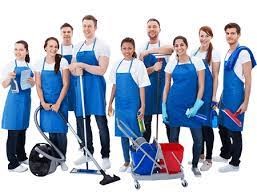
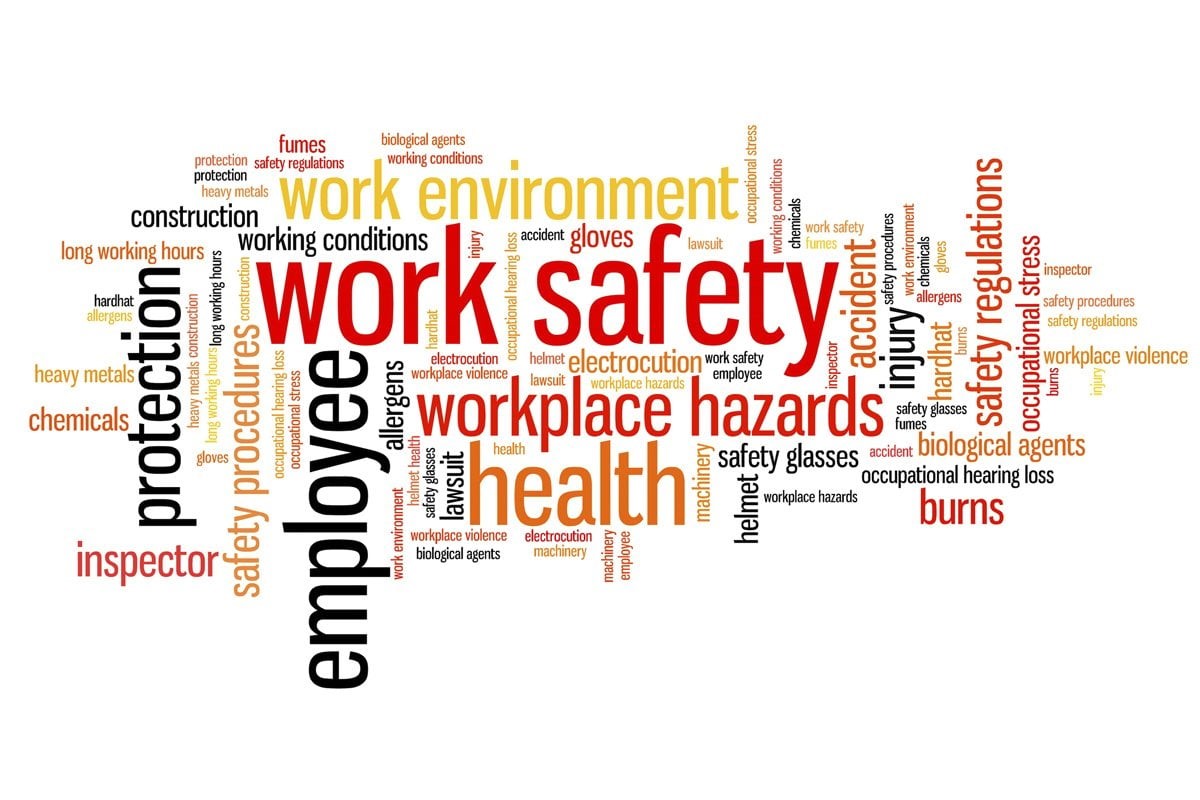
Injury from powered cleaning tools
All power tools and machinery must comply with Provision and Use of Work Equipment Regulations 1998. All employees and contractors must have received instruction in the safe use and operation of the equipment they are proposing to use. Eye protection must be worn at all times when there is a risk of flying parts, dust or fragments. All power cleaning machinery must be regularly inspected and maintained in good condition. Use the correct cleaning agent specified by the manufacturer for each machine. If a fault is found report it to Neo Clean and do not use the equipment until it has been either repaired or replaced. Damaged equipment must not be used until deemed safe to do so by a qualified electrician Do not attempt to repair the equipment yourself unless you have the competency to do so. When plugging in, hands must be clean & dry Where possible, cables should not be left in walkway Hazard signs must be used when using equipment.
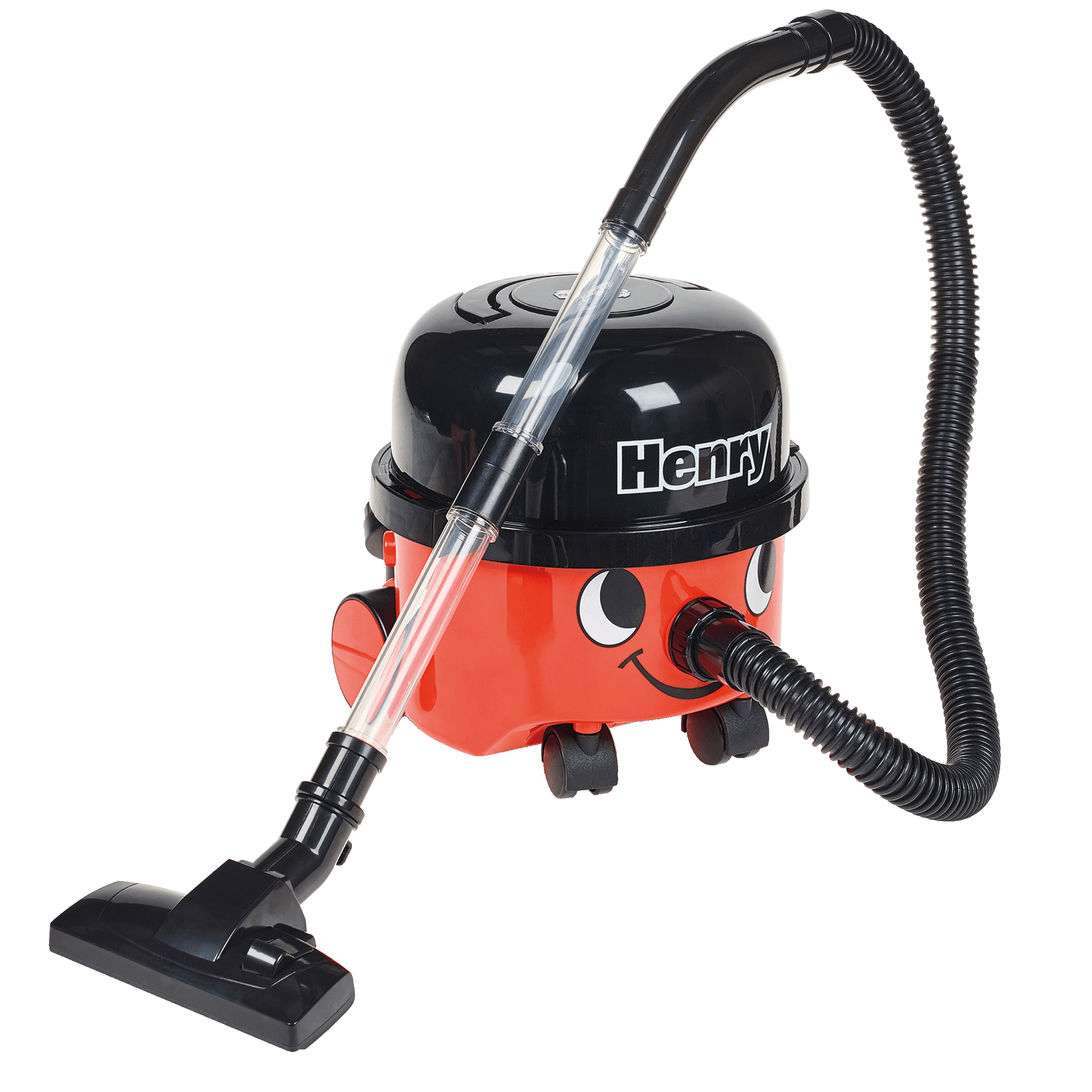
Allergic reaction while dusting
Surfaces to be dusted off firstly with a damp cloth. All cleaning chemicals to be sprayed onto cloth and not onto surfaces.
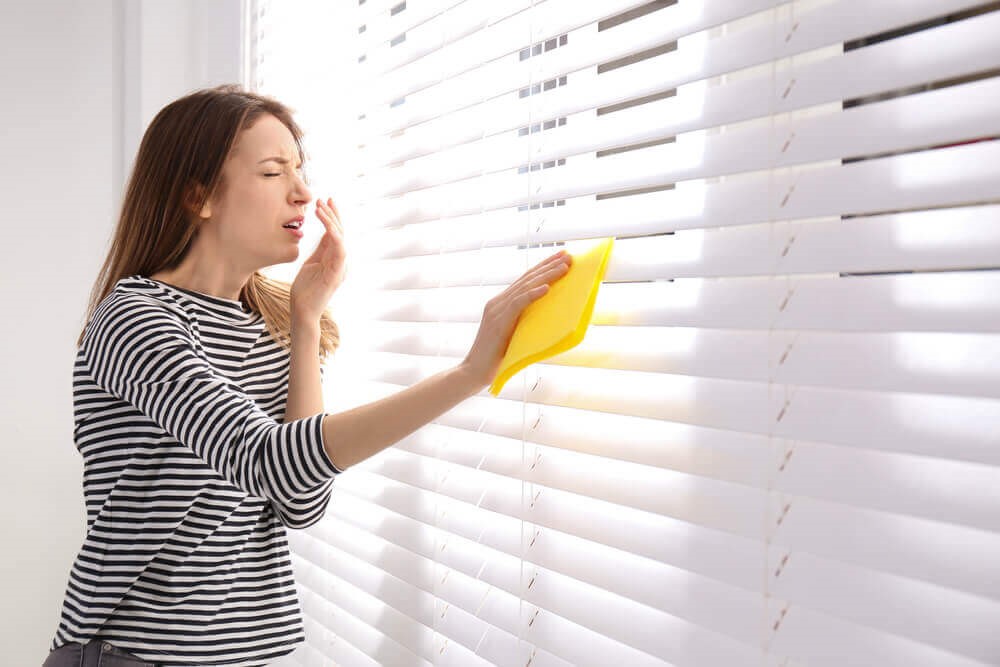
Slips and Injury while mopping.
Hazard signs to be used when mopping. Buckets not overfilled with too much water. Never exceed manufacturers recommendations water-chemical ratio. Mopping equipment to be placed on the actual floor being cleaned to minimise drips and slip hazards. Never put too much water on floor area.
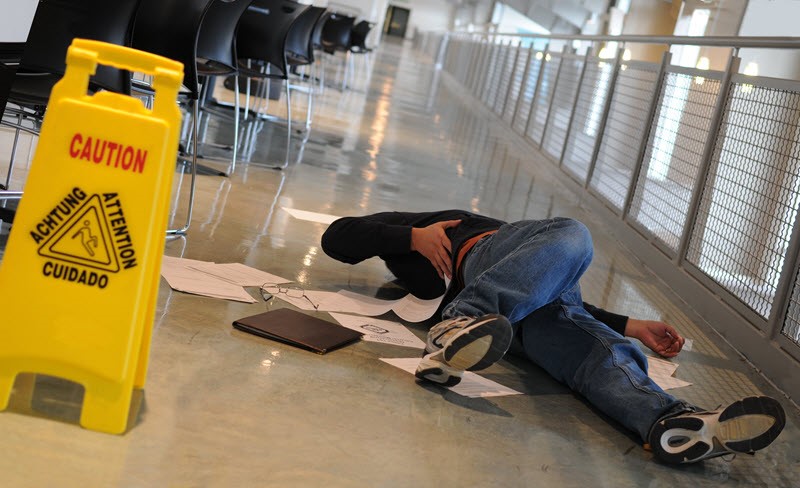
Infection & cross contamination while cleaning toilet bowl & sinks
PPE to be worn at all times. Colour coded cloths to be used to avoid cross contamination (Pink/red) Toilet (Yellow) Sink Rubber gloves to be washed after completing the cleaning.
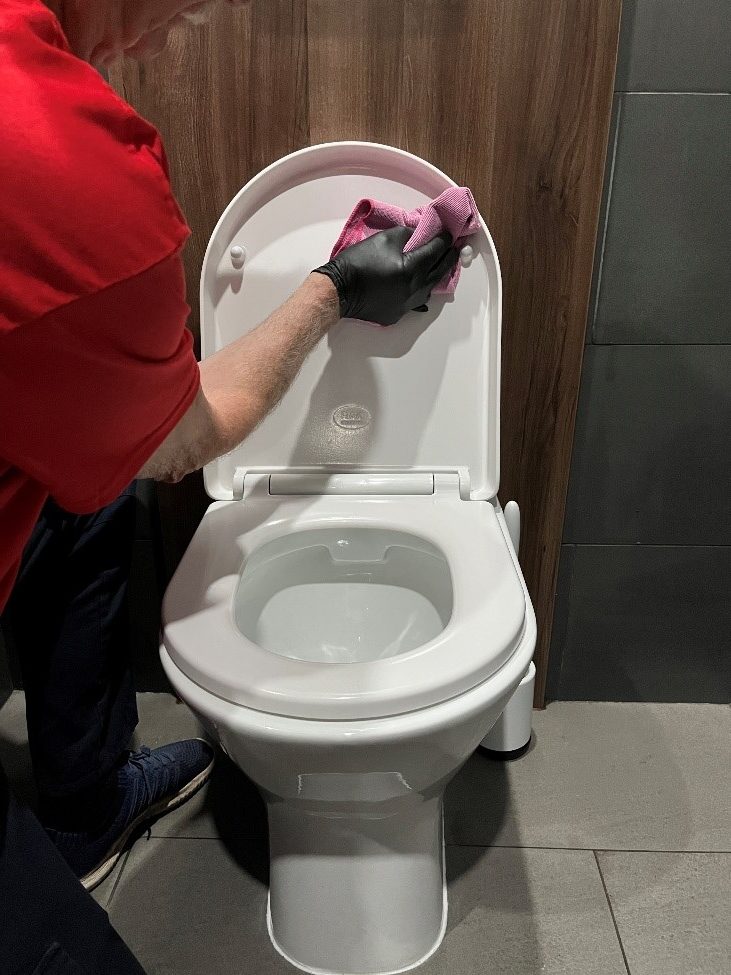
Injury while cleaning high areas & mirrors.
Contractors must not use inappropriate objects i.e. stools, gym equipment as steps/ladders.
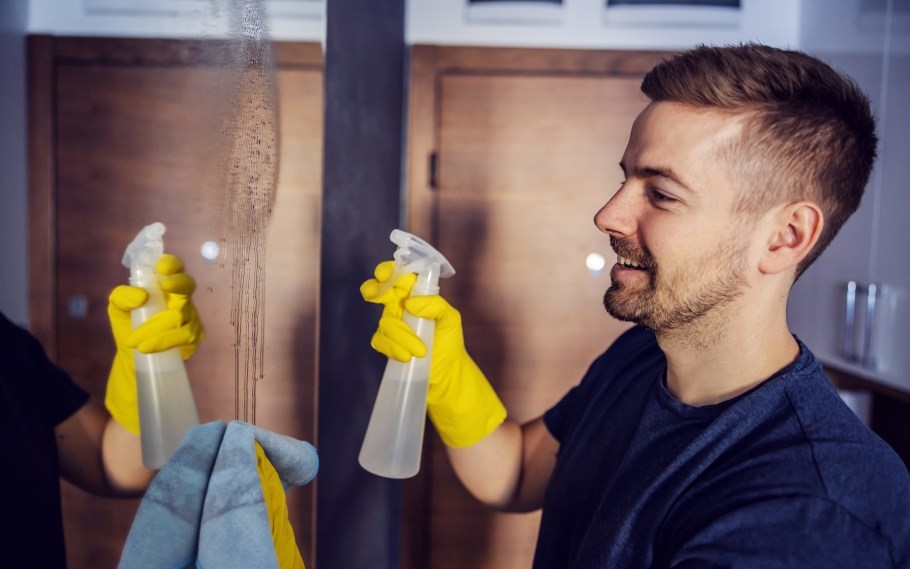
Infection & injury whilst emptying waste bins.
PPE to be used at all times. Plastic bin bags to be replaced daily & not emptied by hand. Hands must not be used to push down contents of the bin without first checking what is inside. When carrying bags for disposal, where possible the bags should be carried away from the legs & torso.
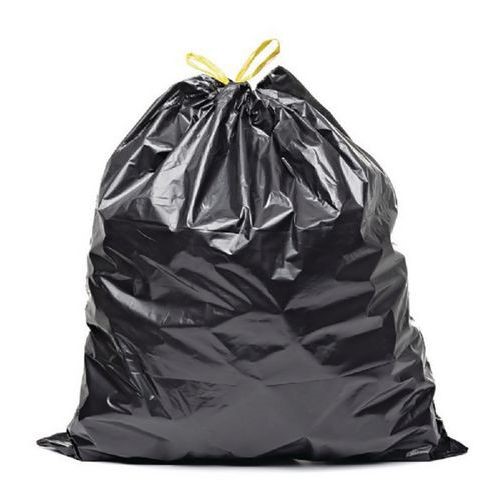
Infections from contact with Blood/faeces
PPE must be worn. Pre-spray with antibacterial spray and mop up with paper towel. All PPE and cleaning materials used must be disposed of immediately after cleaning.
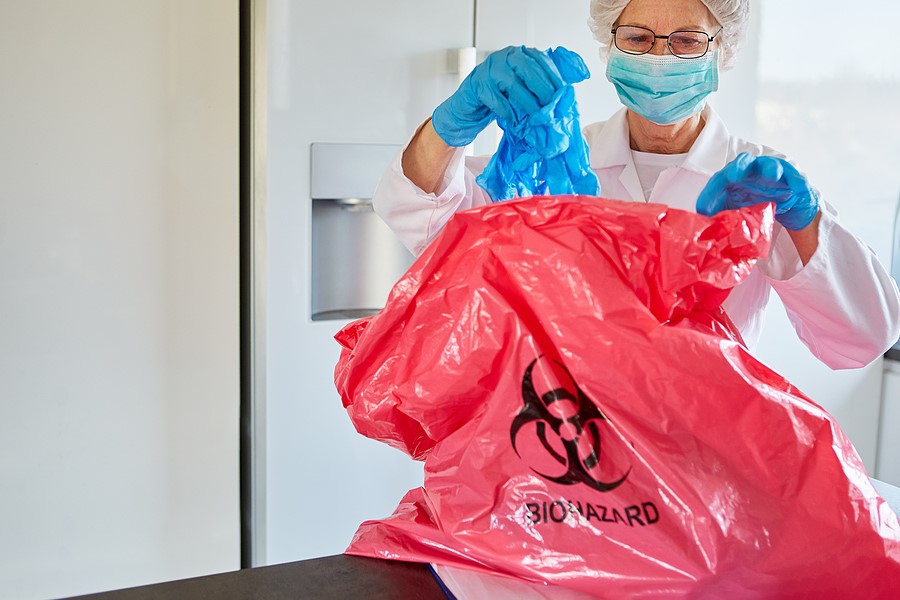
I confirm that, I have read and understand the above Health and Safety Document. I understand that it is my responsibility to comply with all of Neo Clean’s Health & Safety policies mentioned above.
